Question And Answer
Publications
Articles, publications, books, tools and multimedia features from the U.S. Institute of Peace provide the latest news, analysis, research findings, practitioner guides and reports, all related to the conflict zones and issues that are at the center of the Institute’s work to prevent and reduce violent conflict.
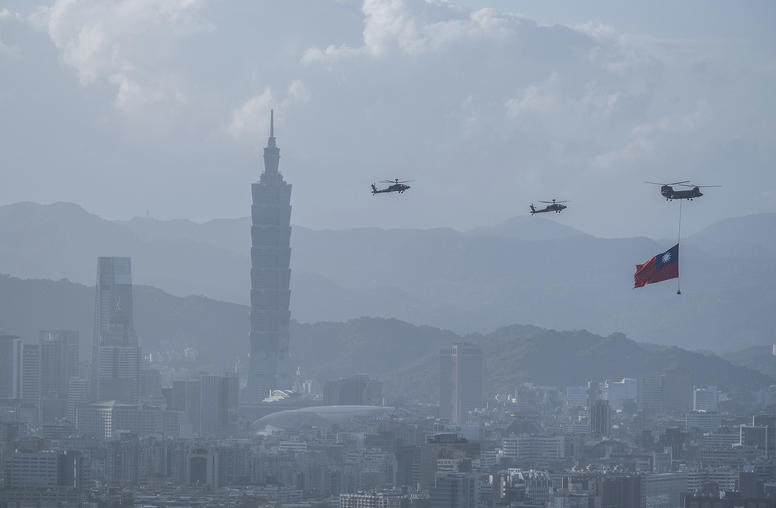
China Is Not Russia. Taiwan Is Not Ukraine.
Russia’s invasion of Ukraine — the most consequential military conflict Europe has witnessed since the Second World War — has riveted the attention of the world. Observers have grappled with the meaning of the act of aggression and scrambled to ponder the wider implications of the war. Almost inevitably people look to draw analogies—both historical and contemporary ones.
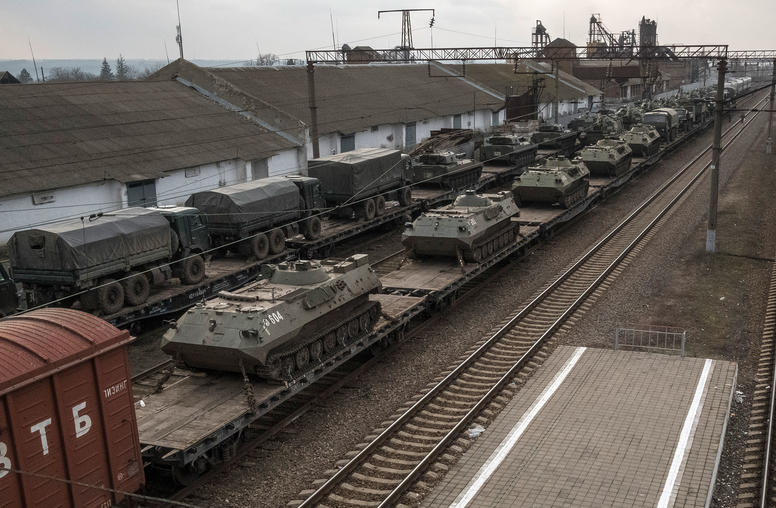
How Putin’s Invasion of Ukraine Affects the Rest of Russian Foreign Policy
USIP’s Heather Ashby, Jude Mutah, Andrew Scobell and Mona Yacoubian examine how the invasion of Ukraine might have shifted Moscow’s decision-making in other regions — such as Syria, the Sahel and China.
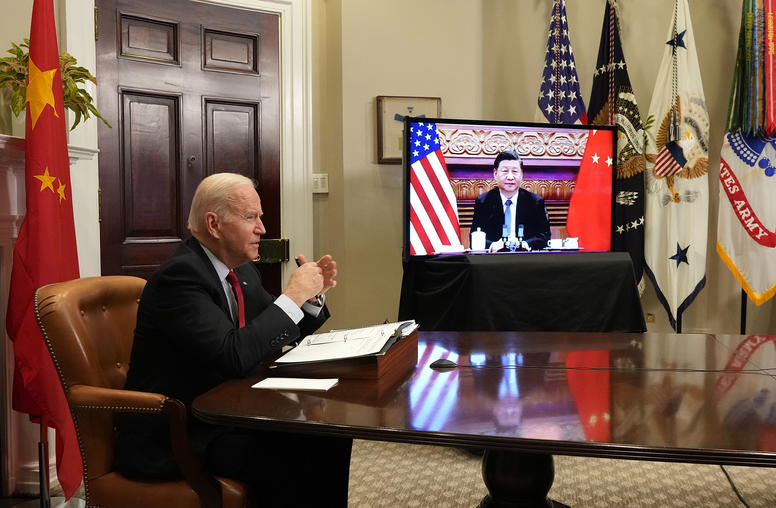
Neither Summit, nor Sidebar: Assessing the Biden-Xi ‘Virtual Meeting’
To address growing tensions between the United States and China, particularly over Taiwan, President Joe Biden and General Secretary Xi Jinping met virtually on Monday night (Tuesday morning in Beijing) for a three-hour discussion that covered a wide array of contentious issues. Both sides downplayed expectations for the session beforehand and have been relatively subdued albeit somewhat positive in their respective post-meeting statements and spins. Less formal than a summit and more structured than a sidebar, what if anything did the extended virtual top-level bilateral discussion achieve?
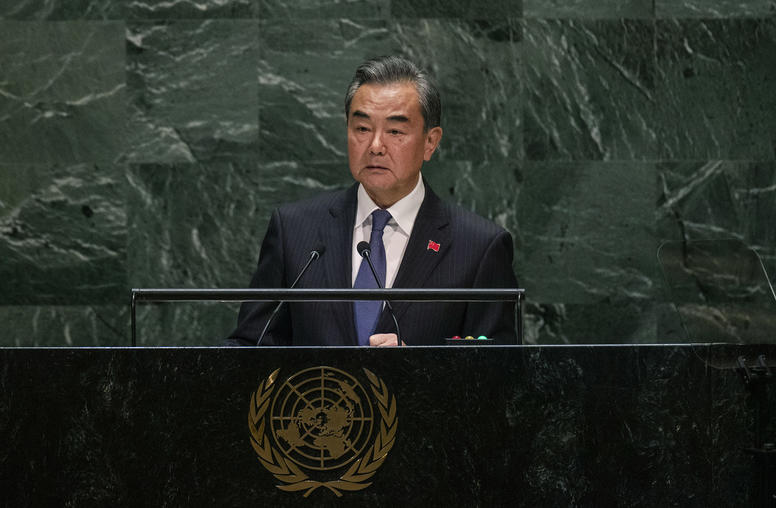
How China Responds to Instability on Its Periphery: Lessons from Afghanistan and Myanmar
China’s timid rhetoric and underwhelming actions vis-à-vis recent political upheaval in two different neighboring countries belie the image of a confident and assertive Beijing. What explains this apparent paradox? Despite the ruling Chinese Communist Party’s outward bravado, combined with unprecedented expansion of China’s regional and global activities and presence, Xi Jinping and his Politburo colleagues remain wary when it comes to taking risks abroad. Certainly, when China believes its interests are being directly attacked, such as in recent disputes with Australia and India, the state has opted for riskier, more aggressive moves. But where Beijing is not a direct party to the conflict, caution can override its willingness to take action that would show its hand or put China in a situation where it is not guaranteed to avoid a messy exit, à la the United States in Afghanistan.
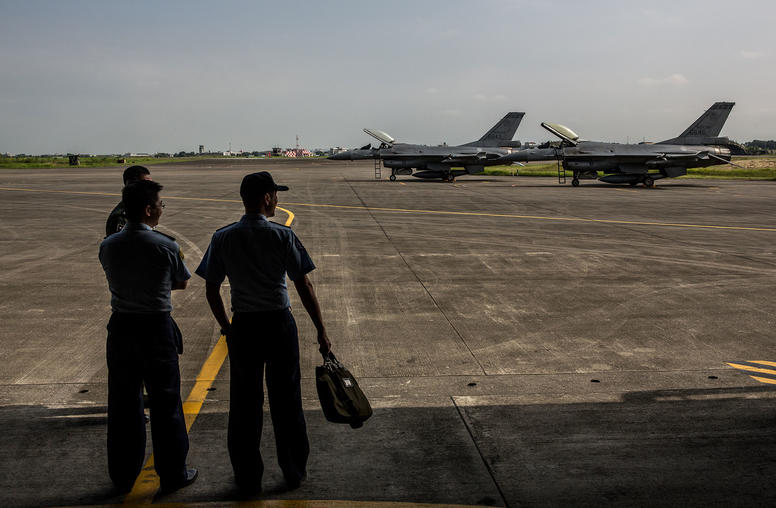
What’s Next for U.S.-China Relations Amid Rising Tensions Over Taiwan
U.S. National Security Advisor Jake Sullivan and Chinese Communist Party Politburo member Yang Jiechi held a six-hour meeting in Zurich on October 6 in an attempt to manage “intense competition” between their two countries. The meeting took place against a backdrop of growing Chinese incursions of Taiwan’s air defense identification zone and a decision by the Biden administration not to remove Trump-era tariffs on Chinese goods until Beijing keeps its trade commitments.
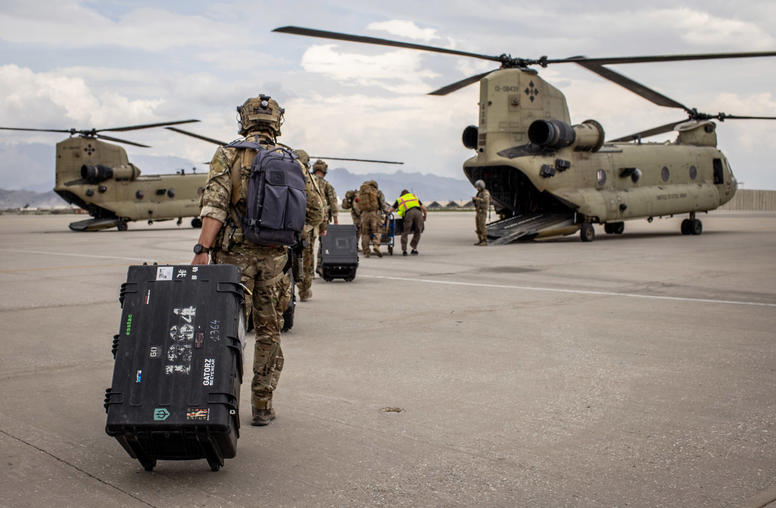
China and the U.S. Exit from Afghanistan: Not a Zero-Sum Outcome
It has become fashionable to characterize recent events in Afghanistan as a loss for the United States and a win for China. This zero-sum interpretation framed in the narrow context of U.S.-China relations is too simplistic and off the mark. The reality is far more complex and nuanced. The end of the U.S. military presence in Afghanistan and the collapse of that country’s pro-Western government do not automatically translate into significant Chinese gains, nor do they trigger a swift Beijing swoop to fill the vacuum in Kabul left by Washington.

How the Region is Reacting to the Taliban Takeover
While the Taliban’s swift advance into Kabul over the weekend has left much of the West reeling, Afghans themselves will bear the brunt of the militant group’s rule. Beyond Afghanistan’s borders, its neighbors will feel the most immediate impact. Earlier this year, Russia, China and Pakistan affirmed that the future of Afghanistan should be decided through dialogue and political negotiations. How will they engage with the Taliban now?